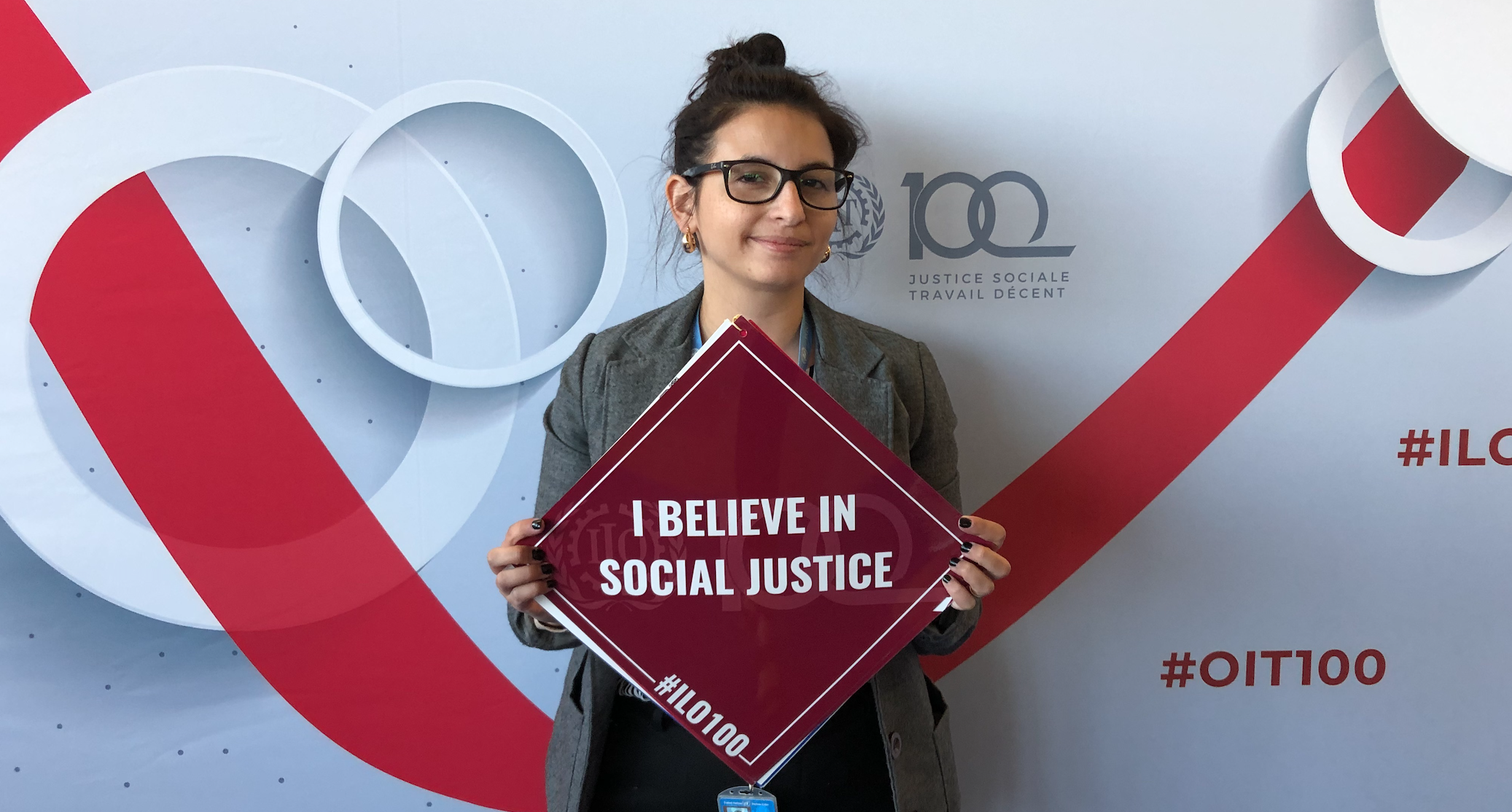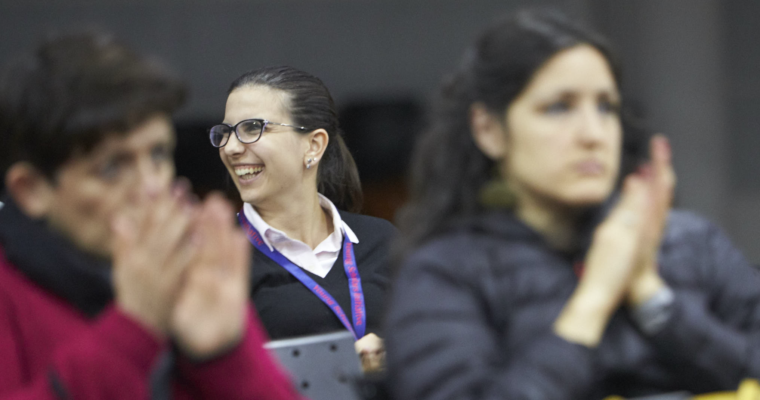Every so often, we highlight one of the members of the YSI community. We share their story, their aspirations, and what new economic thinking means to them. This time, we cover Magali Brosio, a young scholar from Argentina, with a wide range of professional and academic experience in feminist economics and beyond. In YSI, Magali is organizer for the Gender and Economics Working Group, and spearheads the YSI Inclusivity and Diversity Advisory Team.
What has your path been, as a young scholar?
When I was young I actually dreamt about being a surgeon! But when it was time to register for university, I ended up choosing economics. Partly because I was eager to learn from a variety of disciplines (such as history, philosophy, statistics) but mainly because I wanted to understand what was going on—in my country, in my region, and in the world. I wanted to understand the economic system and how to make things better. And I never regretted it!
Since then, it’s been a combination of academic and professional work in many countries. When I was still at the University of Buenos Aires, I started working as a research assistant for the leading employers’ organization, focusing on industrial and labor policy, Then, I moved to Turin (Italy) for a Master’s degree in Applied Labour Economics for Development. At that time, I became interested in gender and started working on that, mostly through a media platform that a co-founded called Economía Femini(s)ta.
Upon return to Argentina, I first worked for a think tank called CIPPEC, focusing on economic development. Later, I became a research consultant for UN Women. I then relocated to the US to work at the intersection of gender, human rights and economic policy in CWGL, a research center based at Rutgers University. Since 2017 I have been actively involved with the YSI Gender and Economics Working Group, first as a member and then as an organizer. Being able to discuss my research with young scholars from all over the world and hear about what others were doing, sparked in me the desire to go back to academia. This is why I am now in the UK, doing a PhD in Law at the University of Birmingham.
Although I am grateful for the path I took, it was not always easy. Not everyone viewed my “mixed background” (combining academic and non-academic experience) as a strength. When I decided to go back to the academic world, I faced some resistance when trying to prove the value of my non-academic work. But I still think that it was the right approach, both personally and professionally. What I learned outside the university actually contributed a lot to my development as a researcher. And I was fortunate enough to find a PhD program and supervisors that agree with me!
Who has influenced you along the way?
Many people! My peers at university, who spent long hours discussing a wide range of topics in economics sometimes taught me more than the classroom. But also my “superiors,” although I don’t really like that word. I have been fortunate to work with amazing professors, mentors, supervisors and bosses who took the time to teach me with patience and kindness, while respecting and valuing my knowledge and treating me like an equal. In particular, Corina Rodriguez Enriquez and Radhika Balakrishnan have been amazing mentors in my (ongoing) development as a feminist economist.
What is some of the most interesting research/work you have been able to do?
As a research assistant for UN Women, I contributed to their flagship report Turning promises into action: Gender equality in the 2030 Agenda for Sustainable Development, which allowed me to explore a wide array of topics, from gender-responsive budgeting to the impact of climate change on women living in rural areas. This was a steppingstone for me, as it helped me to gain expertise in feminist economics, and inspired my current research.
In my PhD, I now study the participation of women from the Global South in global governance, using the Sustainable Development Goals (SDGs) as a case study. As legal indicators play an increasingly important role in development, I am interested in the barriers that women face when trying to engage in discussions deemed as “technical” and “nonpolitical.” I am curious how their priorities and needs are reflected in the current SDG targets and indicators.
What do you hope to see more of in the economic discipline, or what does New Economic Thinking mean to you?
In the first place, I would like to see a better understanding of how gender relations operate in the economic system. Despite the important developments within feminist economics, most of the economic analyses still ignore the gendered effects of economic phenomena or policies.
Secondly, I’d really like to see more interdisciplinary research. I’ve always thought this and now that I’m working as a postgraduate researcher within the Law School in my University, I know for a fact that there are so many valuable tools for our work that fall outside the scope of what we traditionally consider “Economics”. I have personally seen the benefits of taking courses across disciplines and institutions, of discussing research with those of different backgrounds, and attending conferences from different disciplines, and I hope that will become more common practice.

